Biology
Explore Biology
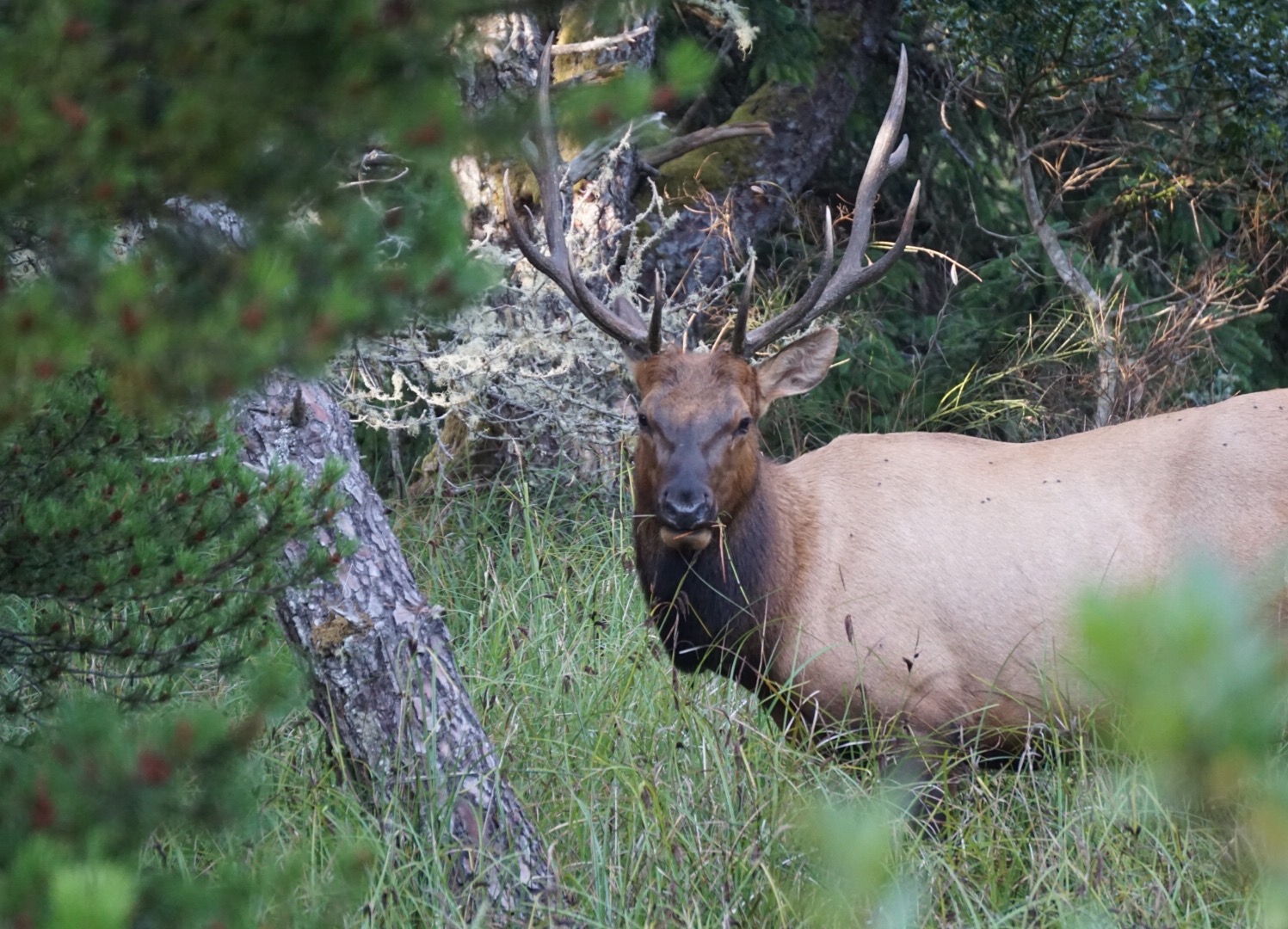
Dr. Andrea Grindeland | The Tiny Heroes That Could Save Deer and Elk from Chronic Wasting Disease
It’s not difficult to picture a lush forest landscape populated with majestic deer and elk, long admired for their prowess and strength. Now, imagine that same scene, but instead of healthy and happy animals browsing a forest ecosystem, we see creatures that are thin and disoriented, that struggle to run or even stand, with halting and confused movements that are pitiable and distressing to watch. This is the harsh reality of Chronic Wasting Disease, an illness that currently has no cure and that threatens such wildlife around the world. Part of the challenge with Chronic Wasting Disease is the difficulty in studying it reliably in wildlife. The disease has subtle signs at an early stage, and it is difficult to obtain robust and reproducible data from large, wild animals who often live in remote and poorly accessible forest ecosystems. Consequently, researchers have turned to an unlikely but powerful ally, the tiny laboratory mouse, to model and study the disease under laboratory conditions. Dr. Andrea Grindeland of the McLaughlin Research Institute, and her colleagues, have authored a review of the existing mouse models of Chronic Wasting Disease. These tiny creatures have been engineered to mimic the biology of cervids, such as deer and elk, and are providing crucial insights into how Chronic Wasting Disease evolves, is transmitted, and how it might one day be controlled or even eradicated.
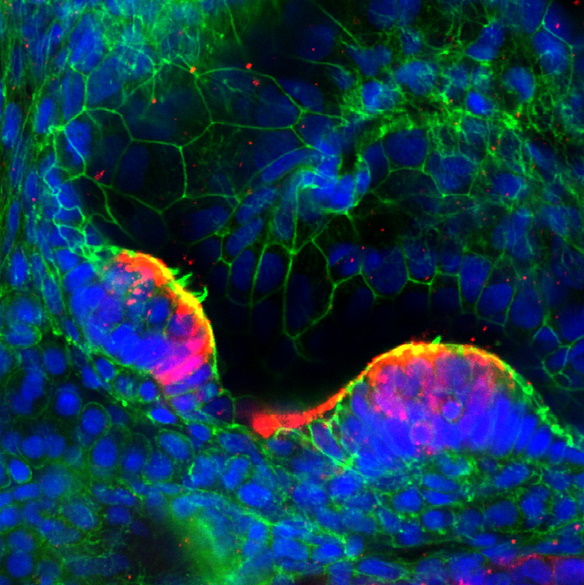
Dr. Qiang Wang | Fishing for Findings: Uncovering the Genetics of Hearing Loss
Our hearing is amongst our most profound senses, connecting us to the surrounding world through sound. However, this connection is diminished or absent altogether in millions of people around the world because of hearing loss. Hearing loss is a common sensory disorder and is often hereditary. The condition can be caused by complex genetic factors, and so far, researchers have linked over 150 genes to hearing impairment. Now, a new collaborative study led by Dr. Qiang Wang of the South China University of Technology, Dr. Tao Cai from the National Institute of Health, and Dr. Yuan Li from the China-Japan Friendship Hospital in Beijing, has uncovered a new genetic clue, a mutation in the OXR1 gene, that could upend our understanding of hereditary hearing loss, and the eventual treatments that we develop to combat it.

Dr. Sarallah Rezazadeh | Unlocking the Secrets of Aging: How Stem Cells Hold the Key to Vitality
Aging is a tale written by the cells in our bodies, although some cell types play a bigger role than others. At the crux of this story is an intriguing protagonist: the stem cell. These master builders, which can differentiate into any cell type, thereby helping to replace diseased or worn-out tissues, are essential for tissue repair and in maintaining health into old age. But as we get older, the capabilities of stem cells gradually diminish, which is known as stem cell exhaustion and is a key facet of aging itself. Stem cell exhaustion plays a role in a large number of age-related diseases, meaning that it could be a crucial research target in developing new treatments and techniques to help us age well. A Research Topic in the open-access journal Frontiers in Aging has been curated by Dr. Sarallah Rezazadeh of the Icahn School of Medicine at Mount Sinai and Professor Georgina May Ellison-Hughes of King’s College London. The Topic collects groundbreaking studies into stem cell exhaustion under one open-access roof, exploring the detailed mechanisms underlying the phenomenon and establishing the field in a wider context to identify promising therapeutic approaches for those later in life.
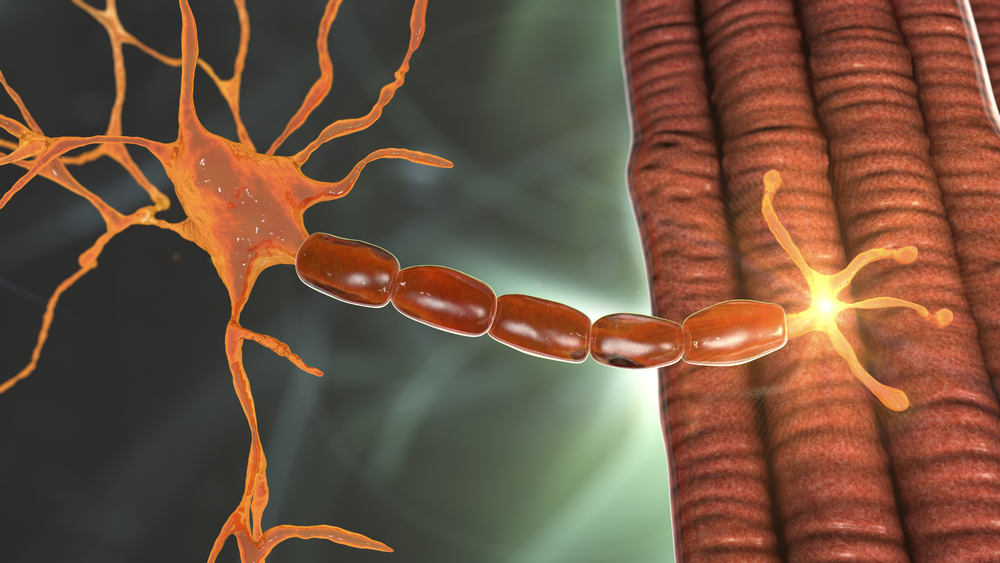
Charles Frison-Roche | The Hidden Architects of Movement: The Role of MBNL Proteins in Movement
Researchers have made a significant advancement in understanding an important component of the nervous system: the neuromuscular junction, a crucial connection between nerves and muscles. A recent study performed by Charles Frison-Roche of the Center of Research in Myology in the Sorbonne University, Paris, and colleagues, reveals the role of proteins known as Muscleblind-like proteins, or MBNL proteins for short, which help to regulate motor coordination by helping to maintain neuromuscular junction stability. This discovery is potentially very useful, as loss-of-function of MBNL proteins is a hallmark of a genetic condition called Myotonic Dystrophy type 1 (or DM1 for short). DM1 disrupts muscle control, leading to muscle weakness, problems with balance, and other symptoms that can get progressively worse over time. MBNL proteins, and their role in the neuromuscular junction, may represent new treatment targets in DM1.
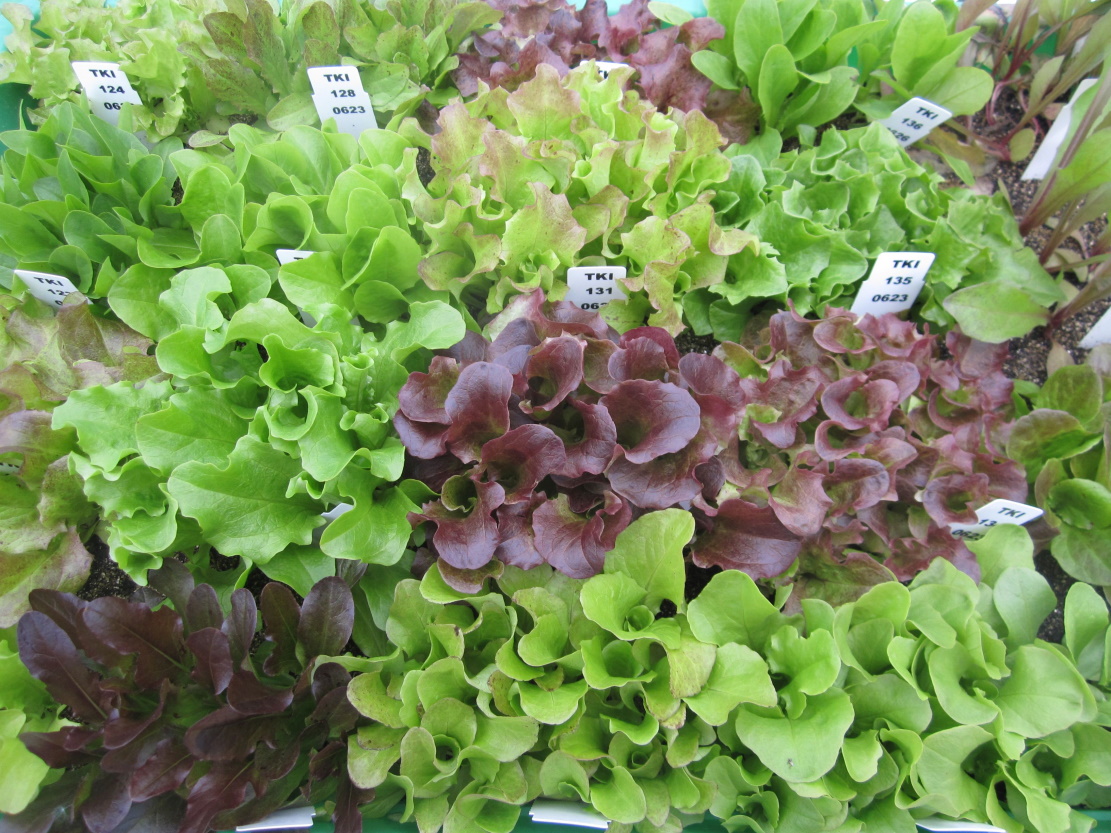
Dr Sandra Goritschnig – Dr Pasquale Tripodi | The Science of Greens: Using Genetic Insights to Cultivate Better, Stronger Lettuce
In recent years, rapid advancements in techniques for genetic analysis and manipulation have enhanced our potential to understand and improve crop diversity. An innovative project led by Dr. Pasquale Tripodi of the Italian Council for Agricultural Research and Economics and Dr Sandra Goritschnig of the European Cooperative Programme for Plant Genetic Resources marks a significant advance in the study of lettuce genetics. Their recently published research platforms a highly sophisticated technique to analyse genetic diversity within lettuces called Single Primer Enrichment Technology, or SPET for short. This approach provides a highly detailed view of lettuce genetics and also has significant implications for agricultural resilience and crop selection and breeding.
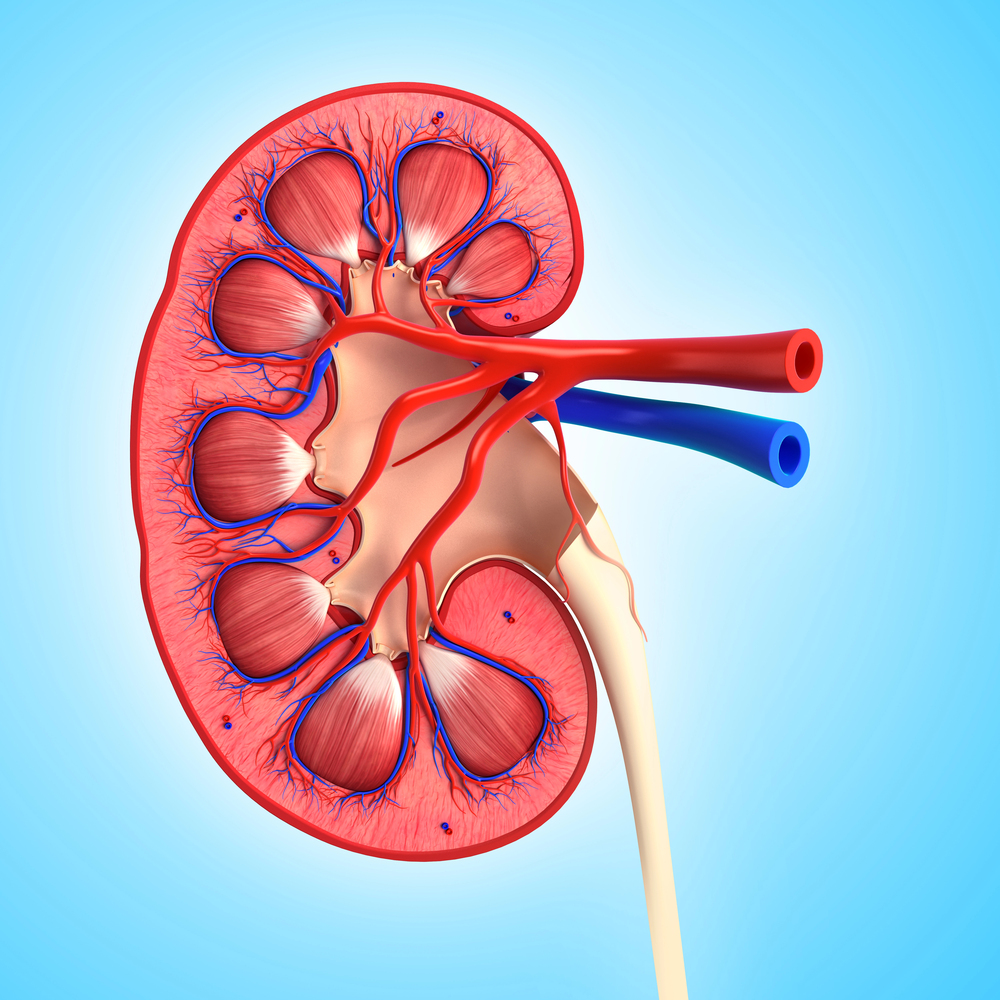
Dr. Serena Kuang | Inside the Kidney’s ‘Countercurrent’ Mystery: A New Model for Teaching and Studying Water Balance
Our kidneys filter blood to remove waste and can regulate water balance. We’ve all experienced that when we’re thirsty urine becomes concentrated, signalling us to drink more water. When we drink excess water, we urinate more frequently, and the urine is diluted. The kidneys’ ability to concentrate or dilute urine according to our body’s need relies on countercurrent multiplication (or CCM), a complex process that generates a salt concentration gradient in the kidney. However, CCM is challenging to teach and understand. Dr. Serena Kuang, a researcher and educator at Oakland University William Beaumont School of Medicine, has developed a more understandable CCM model and clears up errors in existing explanations making CCM easier to understand and teach.
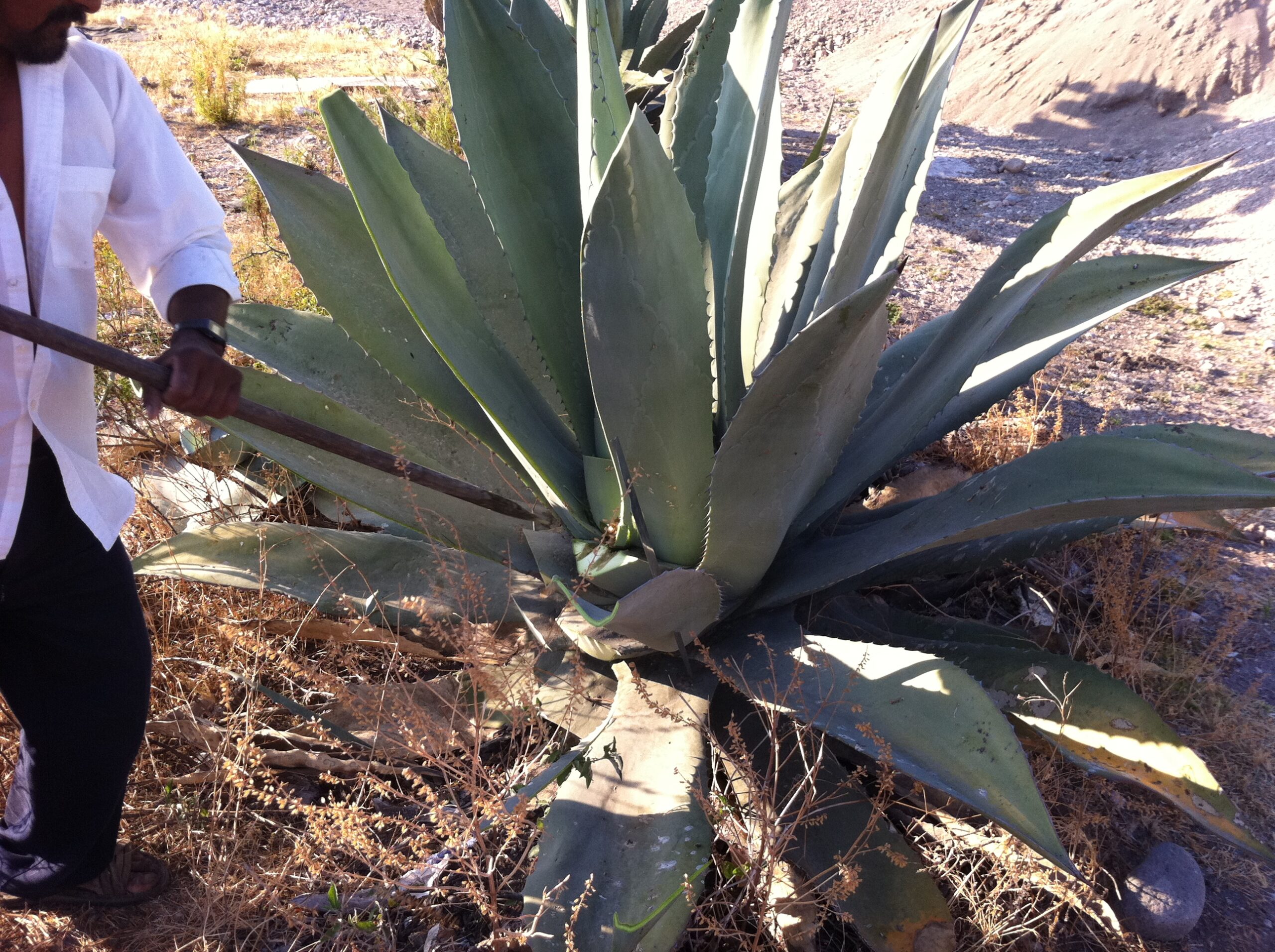
Pulque: The Ancient Drink That Could Shape the Future of Health
Pulque, an ancient Mexican beverage, is making waves in the scientific community—not just as a cultural relic, but as a potential health-boosting powerhouse. A team of researchers, including Prof. Rogelio Valadez-Blanco, Dr. Yesica Ruiz-Ramírez, and Prof. Paula Guadarrama-Mendoza, from Universidad Tecnológica de La Mixteca, has been investigating the hidden potential of the bacteria found in this traditional drink. Their findings suggest that pulque’s naturally occurring lactic acid bacteria could play a key role in promoting gut health and even combating harmful pathogens that cause foodborne illnesses.
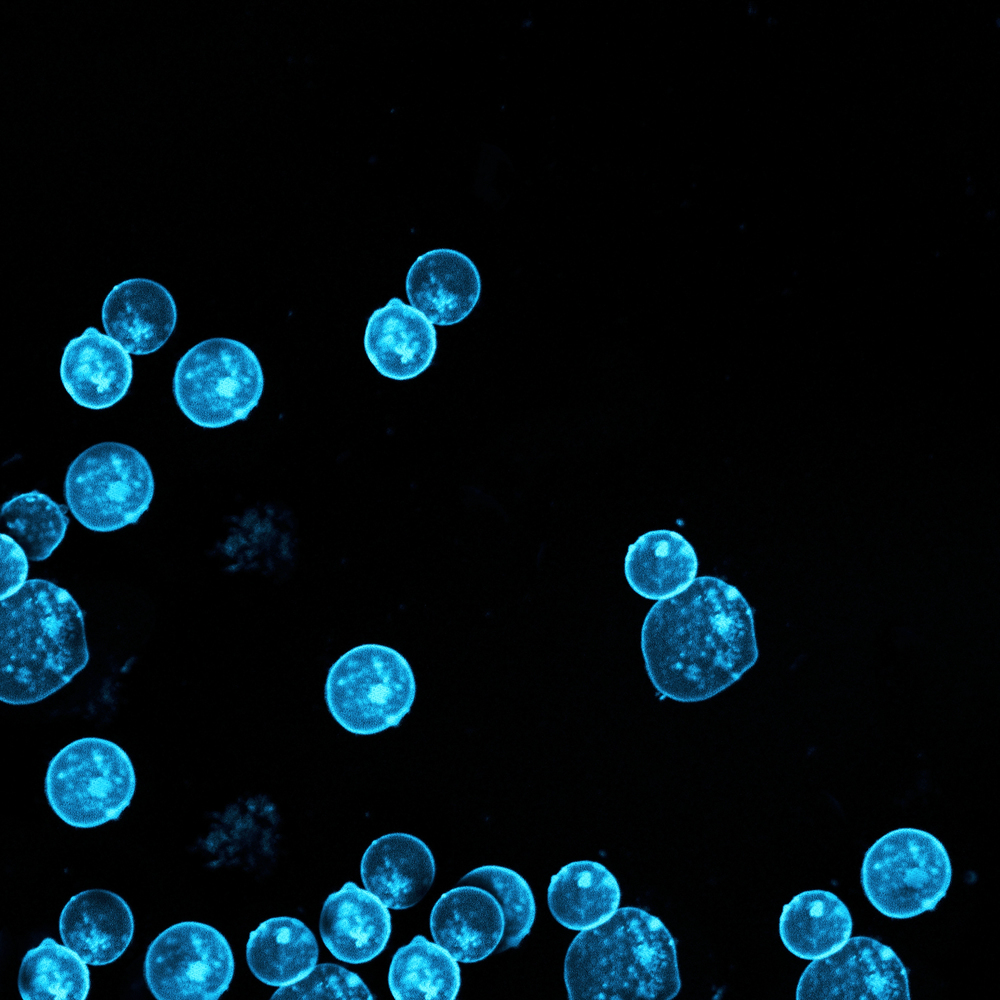
Lixiang Zhang | Seeing the Full Picture: The CPS-Merge Approach to Assess Complex Datasets
In the age of big data, and particularly in specialisations such as artificial intelligence, biology, and medicine, researchers often generate large and complex datasets that are challenging to analyse. This is particularly true for multi-view data, otherwise known as multimodal data, which are data that encompass multiple perspectives concerning a single entity or phenomenon. In the case of single-cell genomics, for instance, researchers can measure a huge range of different characteristics concerning an individual cell, such as RNA expression levels or protein levels. While multi-view datasets provide vast amounts of information, they are difficult to analyse because looking at each type of data within them provides only a small part of the overall picture. A new computational approach called Covering Point Set-merge analysis, or CPS-merge analysis for short, has been developed by Lixiang Zhang of Pennsylvania State University and colleagues, and it aims to assist researchers to merge the different types of data present in multi-view datasets into one coherent and meaningful set of results, without misrepresenting the individual contributions of each type of data.

Dr. Robert Kass | Beating arrhythmias with a heart in a dish
In the future, doctors will be able to create tiny replicas of your tissues in the lab, and then test them against a range of drugs, revealing exactly which treatments would work best for you before you even visit a drug store. This future of personalised medicine is driven by researchers such as Dr. Robert Kass of the Columbia University Medical Center. Kass and colleagues have pioneered the use of stem cells to develop personalized treatments for a genetic heart condition that disrupts normal heart rhythms. The researchers reprogrammed a patient’s skin cells into stem cells called induced pluripotent stem cells (or iPSCs for short), and they then induced the iPSCs to turn into heart cells. This allowed the research team to study how genetic mutations in the resulting heart cells affect the heart’s ion channels. Their research revealed that a mutation in a specific sodium channel was causing dangerous heart rhythms and that combining the drug mexiletine with a pacemaker device to increase heart rate, provided an effective and personalised treatment.

Prof. Andisheh Dadashi | Unraveling the Mysteries of Human Embryo Metabolism: Insights from Computational Models
Metabolism is the cornerstone of life, orchestrating the myriad chemical reactions that sustain cells, tissues, and organisms. It drives growth, division, energy production, and cellular maintenance. For scientists, understanding metabolism, particularly during the earliest stages of human development, holds the key to uncovering the origins of various diseases and developmental disorders. However, studying metabolism in human embryos presents formidable challenges due to ethical considerations, their tiny size, and the intricate web of metabolic pathways. In a groundbreaking study, researchers Prof. Andisheh Dadashi and Derek Martinez of the University of New Mexico-Valencia leveraged advanced computational models to shed light on the metabolic processes occurring in human embryos during the critical peri-implantation stage.
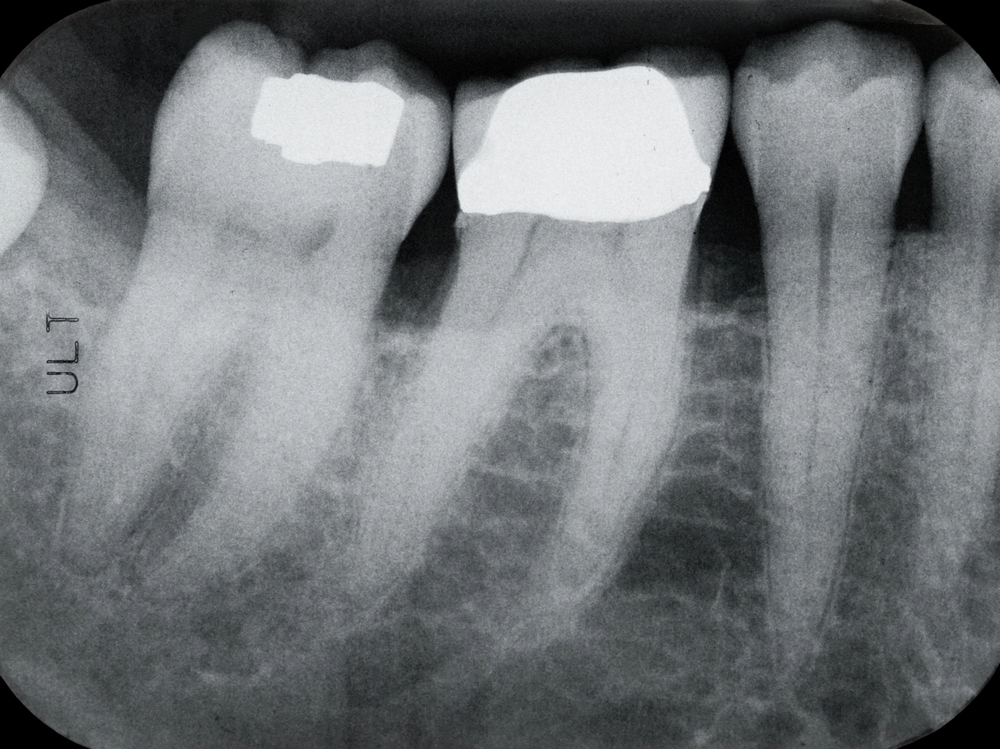
Dr Hosam Alharbi | Estimating Human Age Using Wide View Digital Dental Images
Dental features have been used to estimate age in humans for centuries and may be used with great accuracy in both living and deceased individuals. However, refinement of these techniques to align with modern clinical practice is ongoing. Dr Hosam Alharbi and colleagues at Qassim University in Saudi Arabia have introduced an amended version of an established technique to assess whether dental imaging systems used in modern clinics are suitable for determining human age.

Dr. Archana Thakur | A Novel Immunotherapy Approach to Treat Solid Tumors
Developing therapies to effectively treat cancerous tumors is challenging, due to the hostility of the tumor microenvironment and the potential to unintentionally damage surrounding tissues. Infusions of immune cells can improve immune function and assist the body in fighting disease, although this approach increases the risk of inducing dangerous inflammatory responses. Dr. Archana Thakur and her colleagues at the Universities of Virginia and Pennsylvania have engineered a pioneering immunotherapy system that precisely targets cancerous cells. This new immunotherapy poses minimal risk of adverse reactions, and can be used against a wide range of tumor types.
Increase The Impact Of Your Research!
Explore partnership opportunities
Unwind without the hassle. Enjoy fresh audiobooks, delivered free!
